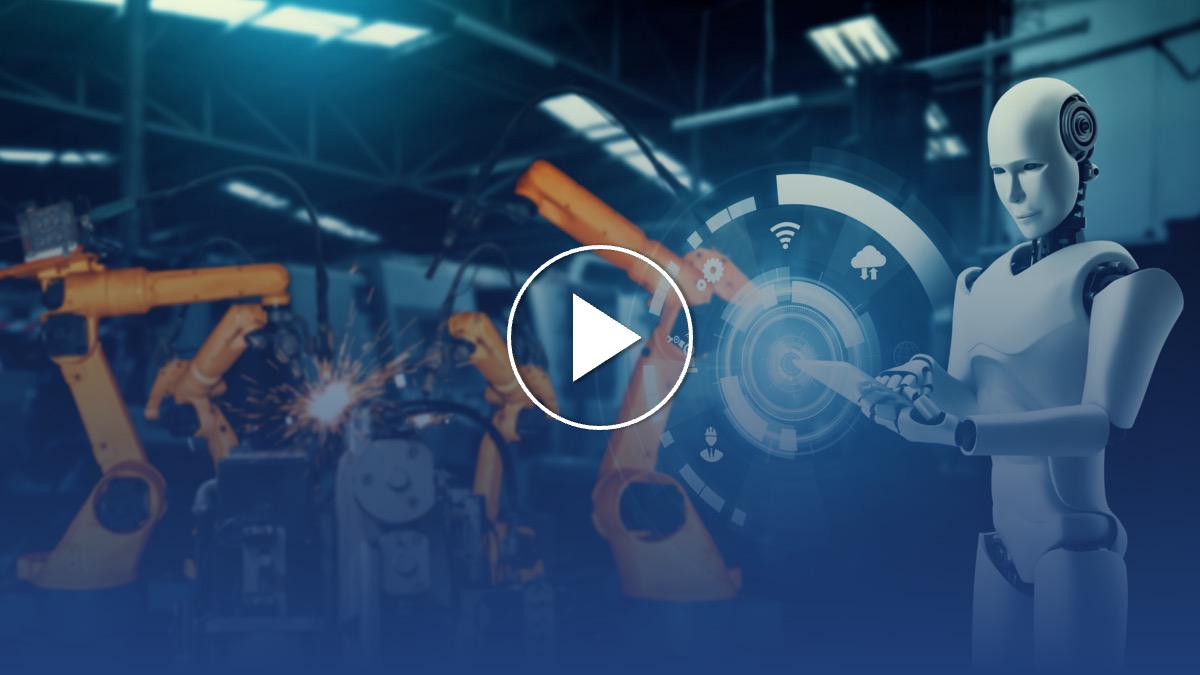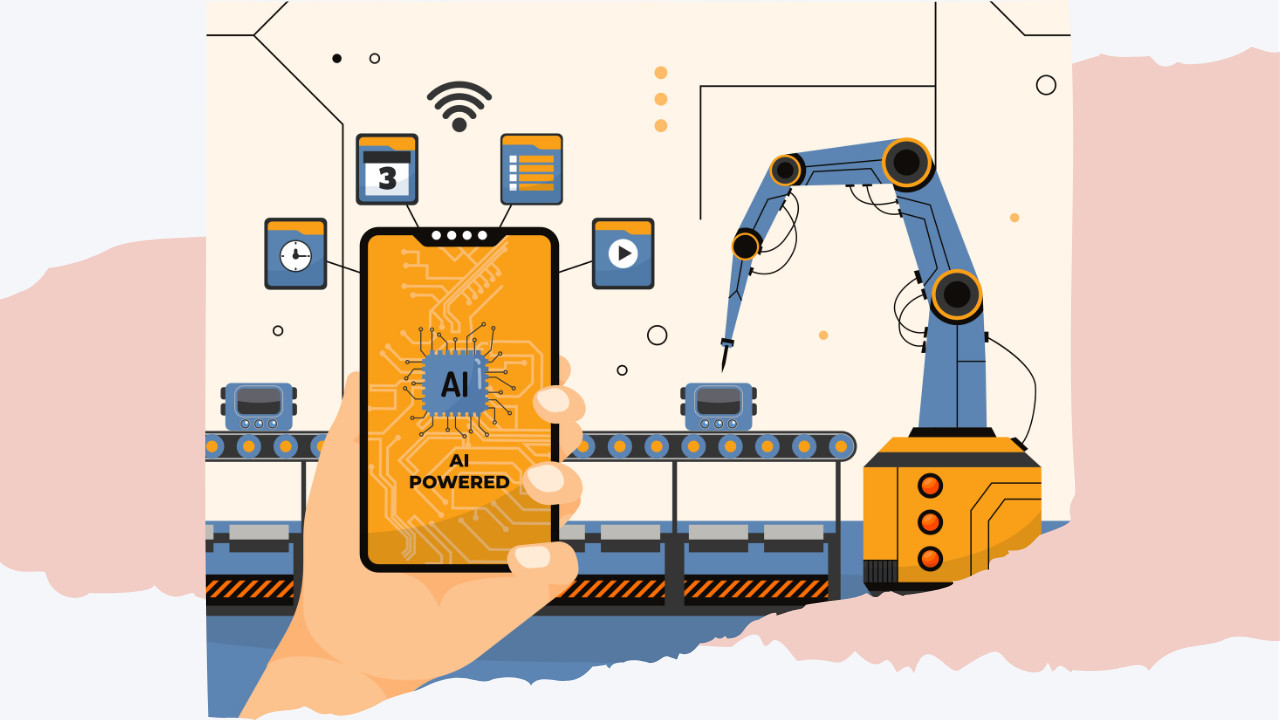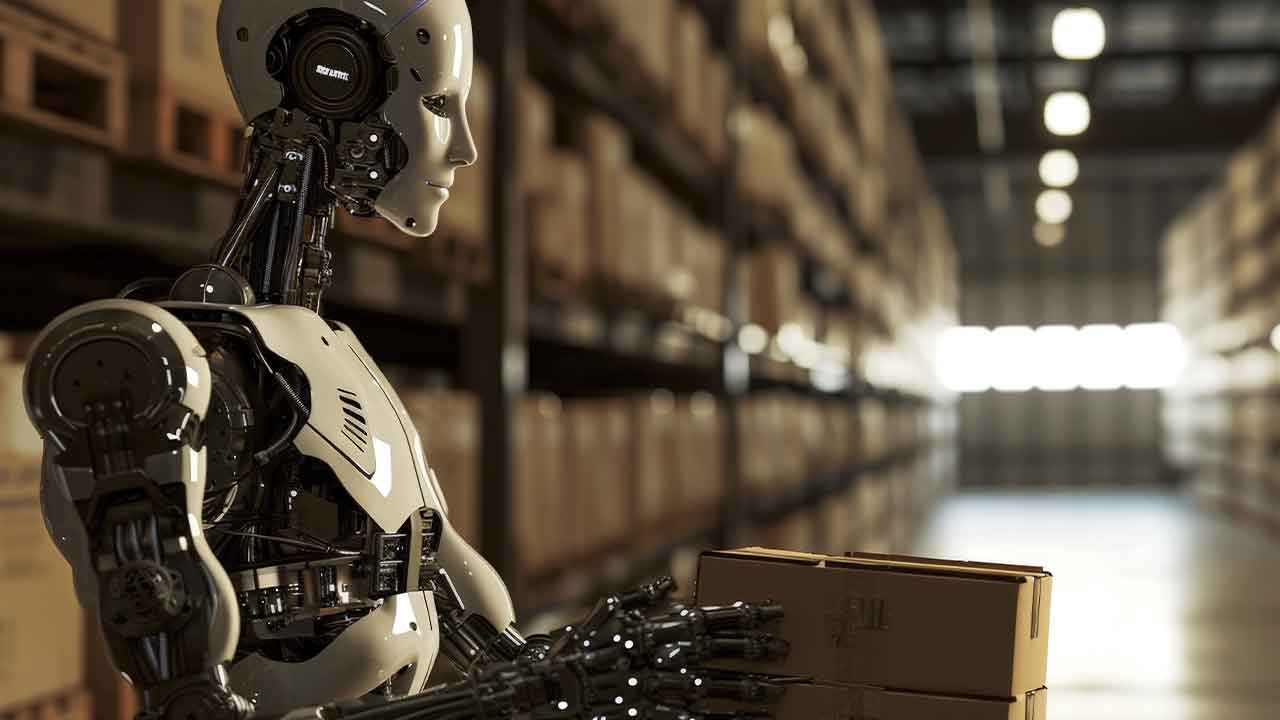From Pop-Up Factories to AI Enhancements: Tulip’s Pioneering Strategies for Agile Manufacturing
At Hannover Messe 2024, Erik Mirandette, Chief Business Officer, Tulip Interfaces, provided an in-depth look at their innovative approach to enhancing frontline operations through their no-code platform. Here’s a summary of their offerings and how they’re transforming the manufacturing landscape:
Introduction to Tulip Interfaces
Tulip operates as a no-code platform aimed at improving the functionality and efficiency of frontline operations in manufacturing and life sciences environments. Their primary goal is to simplify and enhance the work processes for those on the front lines of production, ensuring that operations are effective and user-friendly.
The Pop-Up Factory Experience
One of the unique highlights presented by Tulip at the event was their pop-up factory concept, which goes beyond traditional demonstrations. Instead of merely showcasing software capabilities, Tulip created an immersive experience that puts visitors in the role of frontline workers. Participants assembled word clocks, providing them with a hands-on understanding of the daily challenges and tasks faced by frontline workers. This approach highlights the importance of considering the user experience in digital transformation and technological integration discussions.
Digital Transformation and Its Implementation
Discussing the broader scope of digital transformation, Erik emphasized the importance of gradually integrating digital infrastructure within facilities. For many companies, the rush toward adopting advanced AI capabilities without laying the necessary groundwork can lead to inefficiencies and setbacks. Tulip advocates for a structured, step-by-step approach to digital adoption, ensuring that each phase builds upon a solid foundation that supports subsequent technological advancements.
Composable MES and Agile Manufacturing Solutions
Tulip has introduced a “composable MES” (Manufacturing Execution System), which allows users to tailor and develop MES solutions using Tulip’s flexible platform. This system supports manufacturers in creating customized solutions that address specific needs without being confined to a rigid data model. The composable nature of Tulip’s platform ensures that manufacturing solutions can adapt and evolve in response to changing requirements and conditions, promoting agility and continuous improvement.
Frontline Copilot: AI-Enhanced Operations
A significant announcement from Tulip at the event was the introduction of the Frontline Copilot, which utilizes AI to augment the capabilities of frontline workers. This tool incorporates generative AI to facilitate interaction between workers and the platform, offering guidance and support through intuitive chat interfaces. This AI-driven assistant can help workers manage tasks more efficiently and with greater precision, enhancing productivity and reducing the learning curve for new employees.
The Importance of Open Ecosystems in Manufacturing
Erik also discusses open ecosystems in manufacturing, stressing the importance of interoperability and data exchange among various systems and devices. Tulip’s commitment to an open architecture ensures that its platform can integrate seamlessly with diverse technologies. This flexibility is crucial for fostering innovation and collaboration within the manufacturing industry, allowing companies to leverage the best available technologies without being restricted to a single provider.
Looking Ahead: The Future of Manufacturing Innovations
As the industry continues to evolve, Tulip remains at the forefront of integrating Generative AI and other cutting-edge technologies into its platform. The focus is on reducing training times, enhancing operational efficiency, and providing frontline workers with advanced tools that support decision-making and problem-solving.
The interview was recorded by Lucian Fogoros during the Hannover Messe 2024. This summary was created based on the video transcript with the assistance of https://chat.openai.com. It was edited by the IIoT World team.



